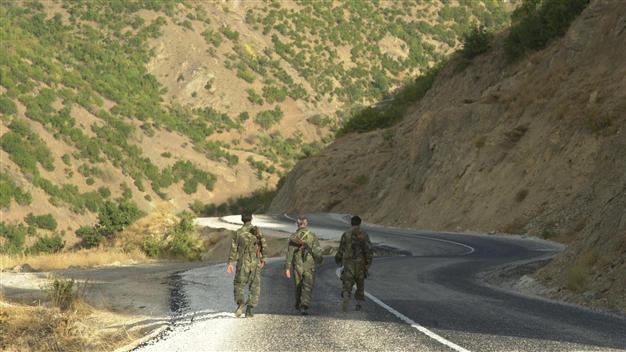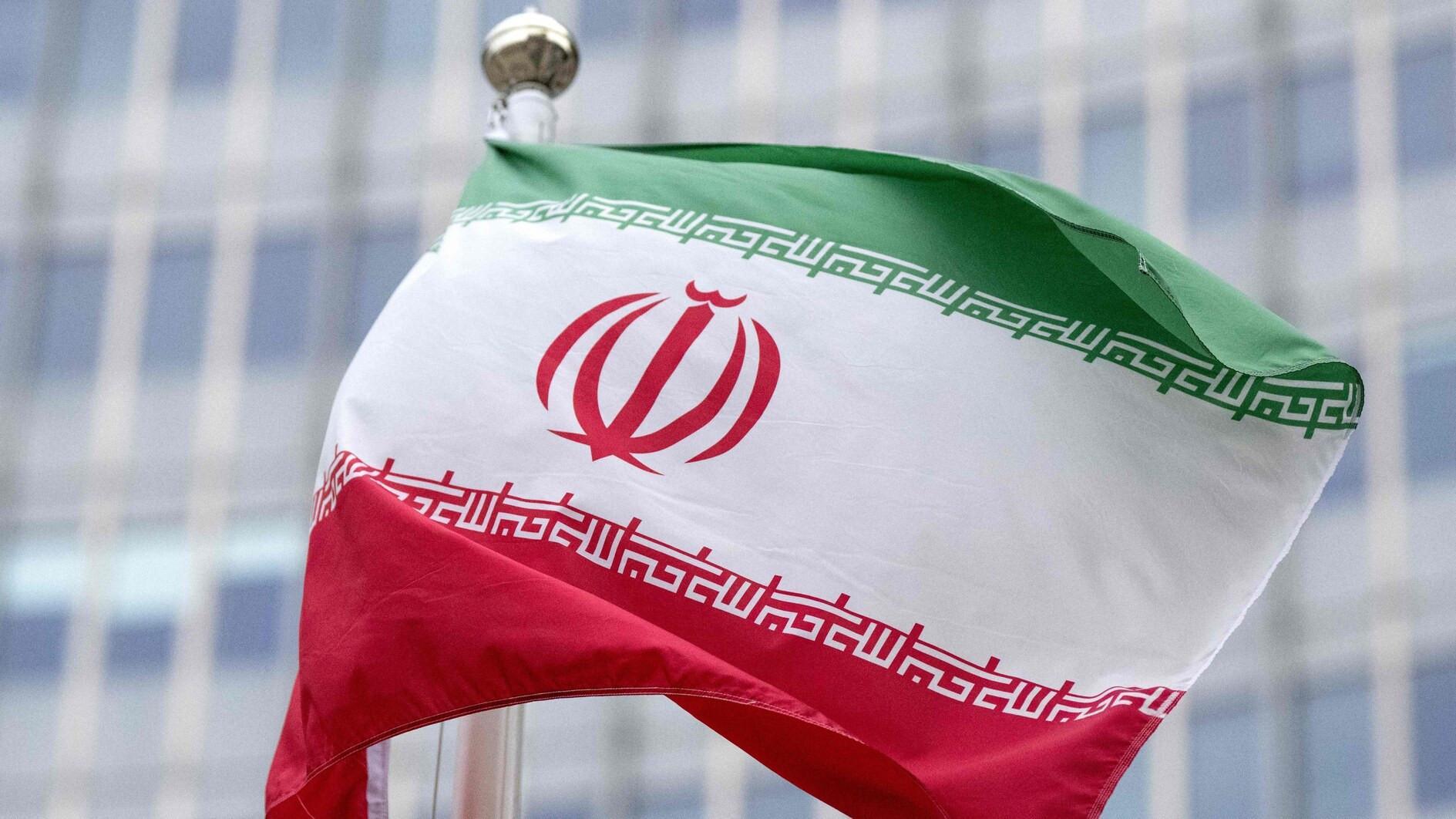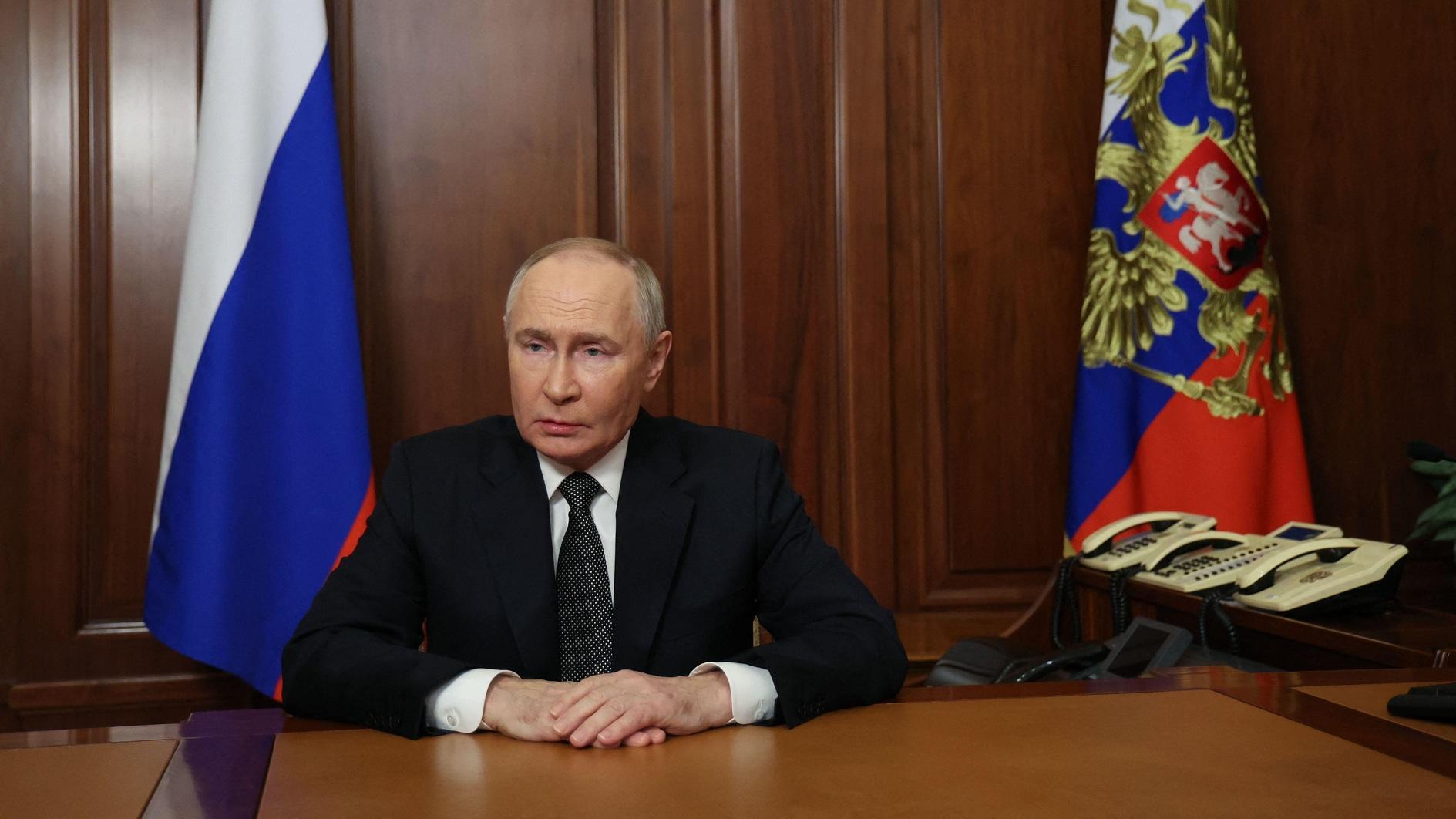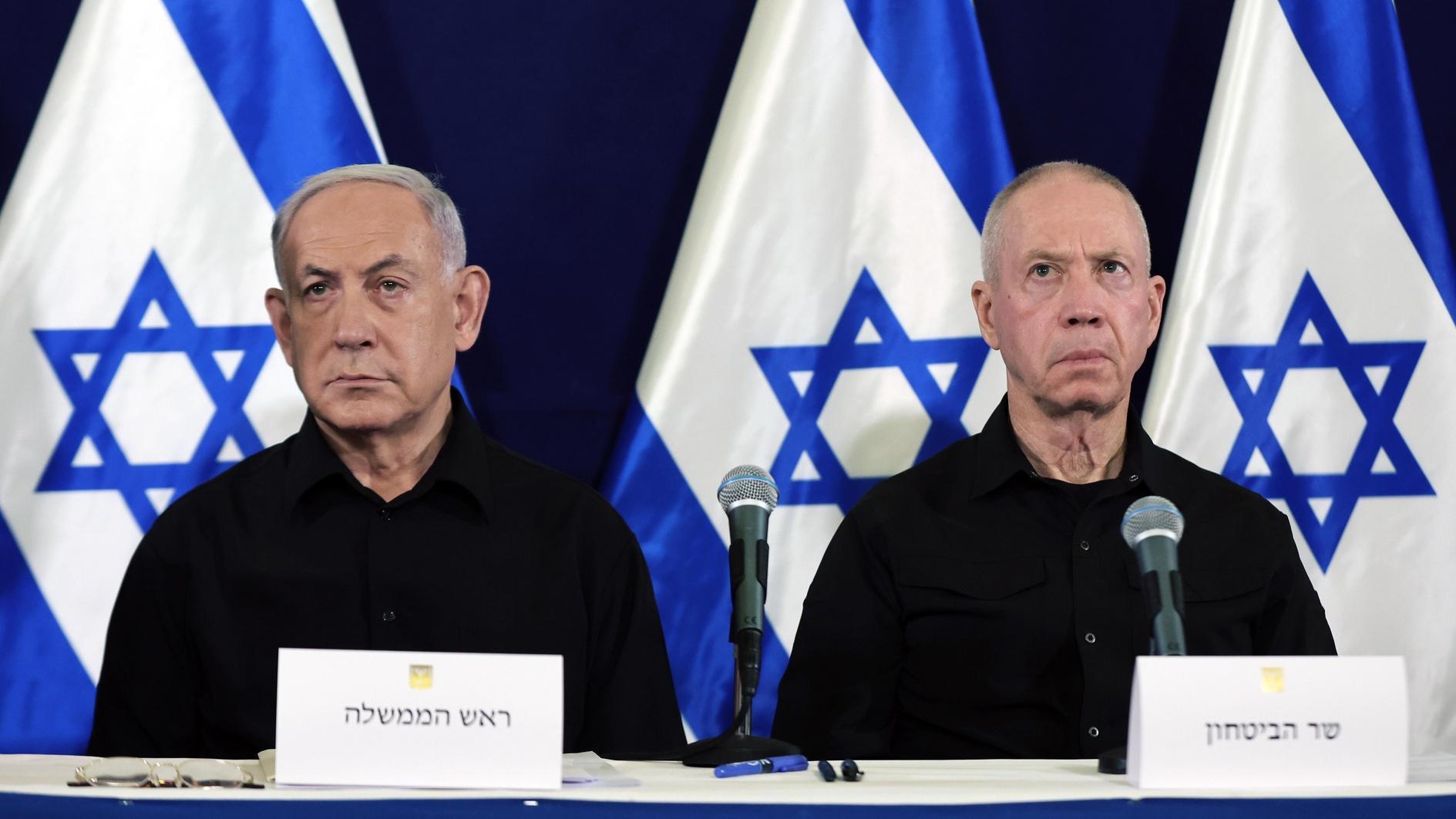Village guards to be recruited in rural Diyarbakır for dam construction
DİYARBAKIR – Anadolu Agency

Hürriyet Photo
The local administrator’s office in the southeastern province of Diyarbakır’s Silvan district has announced that 180 temporary village guards will be recruited for the protection of tunnel construction in the area.Village guards will be employed in the areas where the Silvan Dam, Babakaya Tunnel and supply canal will be built in the Silvan district, Silvan local administrator Berkan Sönmezay said in a statement.
Around 100 people have applied for the job so far and applications will be closed as of May 15, according to Sönmezay’s statement.
With the start of the peace process aiming to bring an end to the Kurdish problem by laying down arms of the outlawed Kurdistan Workers’ Party (PKK), lifting the village guard system is being debated.
The village guard system, officially named the “provisional village guards,” was originally established in 1924 in an effort to entrust the locals with the task of providing for their own safety, under Village Law No. 442, but remained practically inert until it resurrected in the early 1980s due to the rise of the outlawed Kurdistan Worker’s Party (PKK) in the region. Following its resurrection in 1985, the system was entrusted to locals in order to prevent attacks by the PKK. Village guards, who typically came from feudal, pro-state Kurdish families, were generally seen as instrumental in assisting the army in countering activities by the PKK.
On numerous occasions, the system has been criticized for further empowering local clans, benefiting from a culture of impunity and allowing guards to engage in drug and arms trafficking. In 2006, following an inquiry of a member of Parliament, then-Interior Minister Abdülkadir Aksu admitted that 5,000 village guards had been identified in engaging in illegal activities.
Similarly, a report by the Human Rights Association (İHD) of Turkey provided a case-by-case listing of 1,591 violations perpetrated by village guards from January 1990 to March 2009.
The PKK took up arms in 1984 to fight for Kurdish independence, but later revised that goal to autonomy in southeastern Turkey. Since 1984, more than 40,000 people have been killed in conflict.
This figure includes civilians, national security forces, PKK members and village guards operating in towns and villages in eastern and southeastern Turkey where PKK fighters are most active.
















